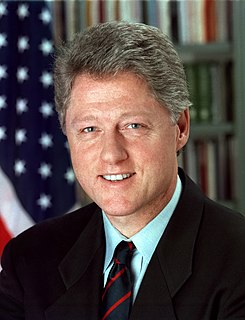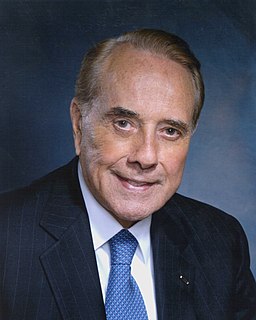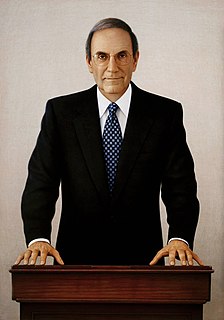| |||||||||||||||||
| |||||||||||||||||
 Election results by county Davis: 40-50% 50–60% 60–70% 70–80% 80–90% Lungren: 40–50% 50–60% | |||||||||||||||||
| |||||||||||||||||
The 1998 California gubernatorial election was an election that occurred on November 3, 1998, resulting in the election of Gray Davis, the state's first Democratic governor in 16 years. Davis won the general election by an almost 20% margin over his closest opponent, Republican Dan Lungren. Davis succeeded Pete Wilson who was term limited.

California is a state in the Pacific Region of the United States. With 39.6 million residents, California is the most populous U.S. state and the third-largest by area. The state capital is Sacramento. The Greater Los Angeles Area and the San Francisco Bay Area are the nation's second and fifth most populous urban regions, with 18.7 million and 8.8 million residents respectively. Los Angeles is California's most populous city, and the country's second most populous, after New York City. California also has the nation's most populous county, Los Angeles County, and its largest county by area, San Bernardino County. The City and County of San Francisco is both the country's second-most densely populated major city after New York City and the fifth-most densely populated county, behind only four of the five New York City boroughs.

The Governor of California is the head of government of the U.S. state of California. The California Governor is the chief executive of the state government and the commander-in-chief of the California National Guard and the California State Military Reserve.

Joseph Graham "Gray" Davis Jr. is a retired American politician and attorney who served as the 37th Governor of California from 1999 to 2003. A member of the Democratic Party, only a few months into his second term, in 2003 Davis was recalled and removed from office, the second state governor successfully recalled in U.S. history. Prior to serving as governor, Davis was chief of staff to Governor Jerry Brown (1975–81), a California State Assemblyman (1983–87), California State Controller (1987–95) and the 44th Lieutenant Governor of California (1995–99). Davis holds a B.A. in history from Stanford University and a J.D. from Columbia Law School. He was awarded a Bronze Star for his service as a Captain in the Vietnam War.
Contents
The 1998 California gubernatorial election featured the state's only gubernatorial blanket primary, a practice which was later struck down in United States Supreme Court in California Democratic Party v. Jones in 2000. The primary occurred on June 2, 1998. Davis defeated fellow Democrats Jane Harman and Al Checchi for the Democratic nomination. Davis received more votes than Dan Lungren who ran against less well-known opponents in the Republican primary. The primary set a record for spending in a California gubernatorial primary.
The blanket primary is a system used for selecting political party candidates in a primary election in the United States. In a blanket primary, voters may pick one candidate for each office without regard to party lines; for instance, a voter might select a Democratic candidate for governor and a Republican candidate for senator. In a traditional blanket primary the candidates with the highest number of votes for each office in each party advance to the general election, as the respective party's nominee. Blanket primaries differ from open primaries – in open primaries voters may pick candidates regardless of their own party registration, but may only choose among candidates from a single party of the voter's choice. A blanket primary gives registered voters maximum choice in selecting candidates among those systems that separate primary from general elections.
California Democratic Party v. Jones, 530 U.S. 567 (2000), was a case in which the United States Supreme Court held that California's blanket primary violates a political party's First Amendment freedom of association.

Jane Margaret Lakes Harman is the former U.S. Representative for California's 36th congressional district, serving from 1993 to 1999, and from 2001 to 2011; she is a member of the Democratic Party. Harman was the ranking Democrat on the Homeland Security's intelligence subcommittee. When Democrats held the House majority, she was in line to chair the House intelligence committee but was denied the post by then-Speaker Pelosi. Resigning from Congress in February 2011, Harman became President and CEO of the Woodrow Wilson International Center for Scholars. She succeeded former Congressman Lee H. Hamilton and is the first woman to lead the organization.




















